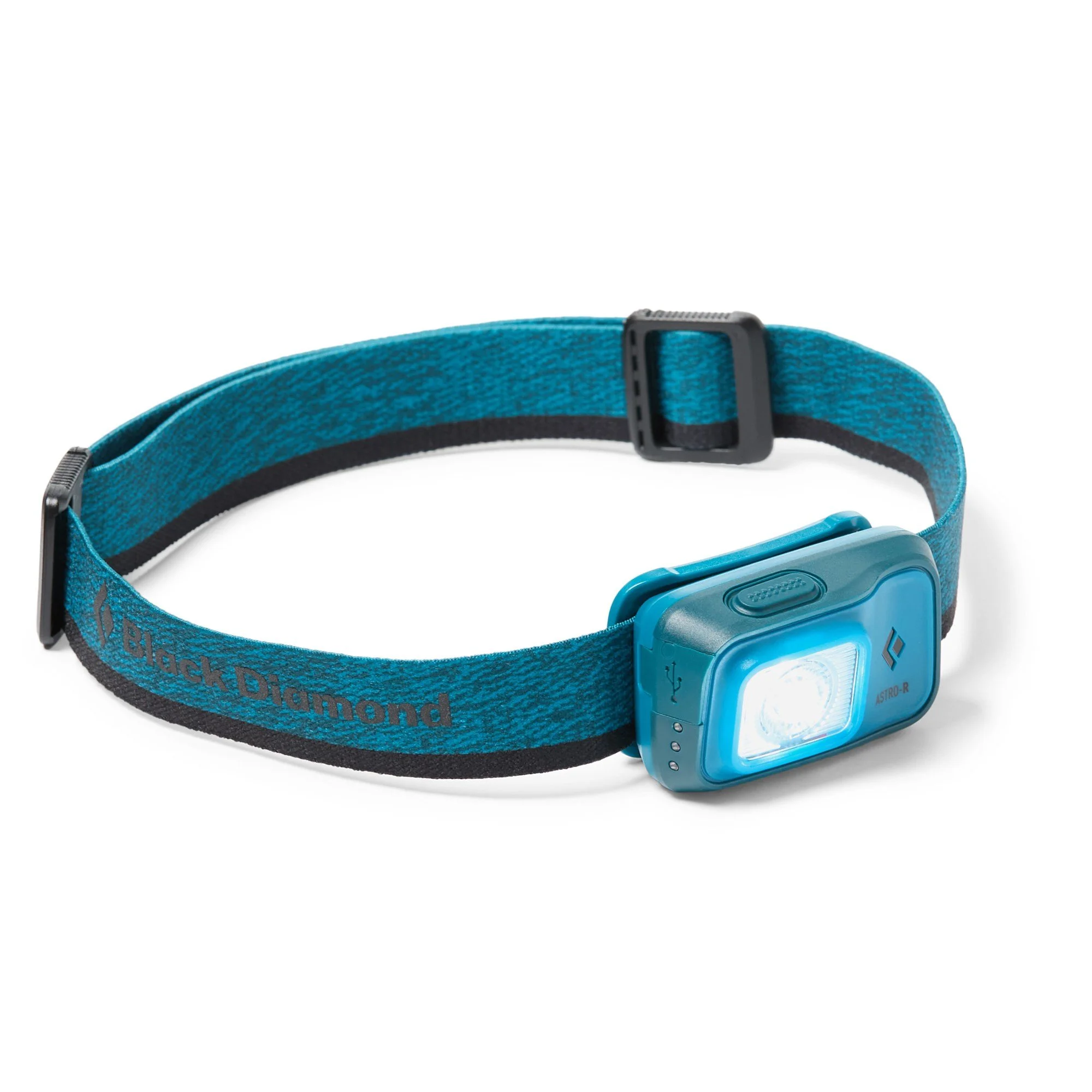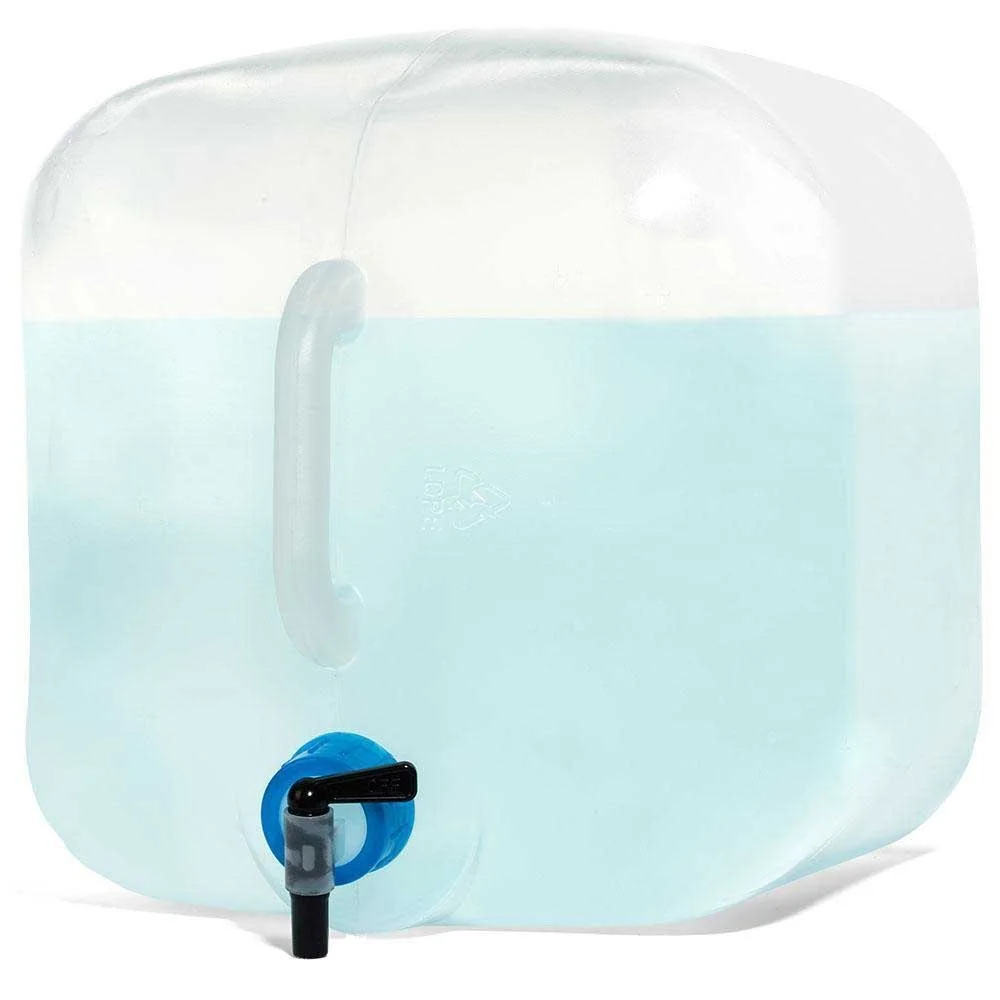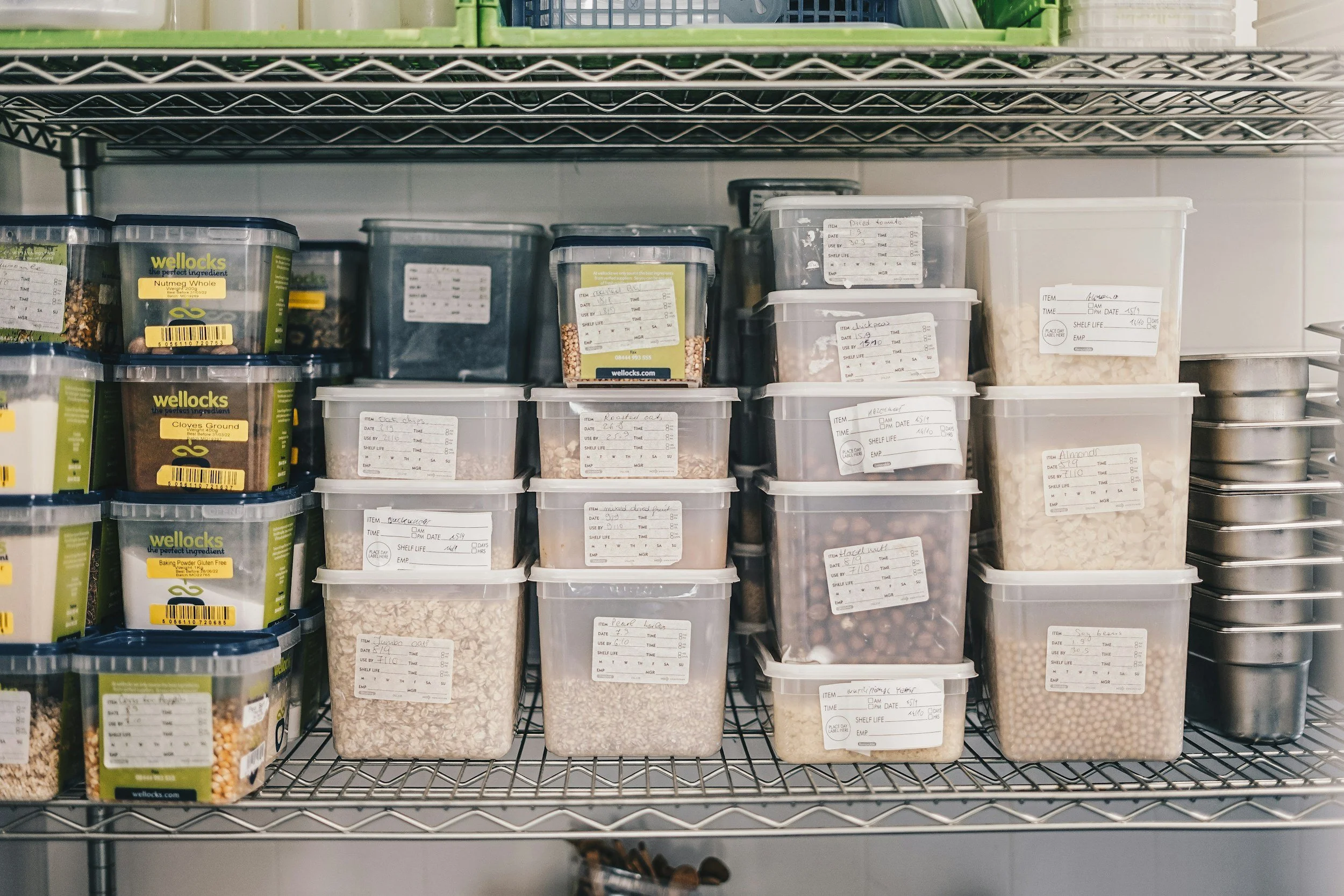Preparedness, Part 3: Supplies, Tools & Trusted Resources
What I’ve Bought, What I Recommend, and Where to Learn More
When it comes to emergency prep, there’s no one-size-fits-all checklist. But I do believe there’s a thoughtful, balanced approach we can all take—one that focuses less on panic and more on building peace of mind.
This isn’t about buying everything at once. It’s a look at the tools, supplies, and resources I’ve actually found helpful while thinking through how to care for my family in both short-term disruptions and longer-term emergencies.
My rule of thumb? Buy what you’ll actually use. Start small. Build slowly.
Basic Emergency Supplies
Water & Power
Gravity-fed water filtration system (suggested brands: Berkey, Alexapure)
Extra jugs and collapsible water containers
Purification tablets (AquaTabs, Potable Aqua)
Solar-powered phone chargers (store fully charged)
Rechargeable or hand-crank headlamps and flashlights
Multi-mode rechargeable or solar lanterns (I like the ones from Biolite Energy)
Bonus: A portable solar generator with LFP battery (for extended outages)
First Aid & Hygiene
Advanced first-aid kit (with prescription backups) and emergency dental kit
Emergency bandages and tourniquets
Waterless hygiene kit (toothbrushes, soap, dry shampoo, sanitizer)
Toilet paper and menstrual products (moderately stocked—not hoarded)
Cooking & Heat
Butane or propane stove + extra fuel
Manual can opener
Lighter and waterproof matches
Cast iron skillet or stovetop-safe pot
Wool blanket or Mylar space blankets
Tools & Household Essentials
Duct tape, zip ties, superglue, rope
Fire extinguisher
Extra batteries (check every 3 months)
Multi-tool or utility knife
Basic hand tools (screwdriver, hammer, wrench)
Heavy-duty gloves
Extension cords, surge protectors
Car & Communication Preps
Hand-crank emergency radio (with NOAA alerts and USB charging)
Emergency contact list + physical maps (stored in waterproof pouch)
Walkie talkies or an emergency phone/device with satellite or mesh connectivity
Gas can + full tank when possible
Extra oil, filters, tire inflator, windshield wipers
Flash drive with important documents (or a fireproof box)
Food Storage Supplies
5-gallon food-grade buckets
Mylar bags + oxygen absorbers
Vacuum sealer or glass jars
Staples like rice, beans, oats, pasta, shelf-stable milk, peanut butter, canned fruit
Long-lasting seasonings: salt, sugar, vinegar, yeast, bouillon cubes
💡 Tip: Pick up just 1–2 extra shelf-stable items each grocery trip. It adds up faster than you think.
→ Refer back to Part 2 in this series for detailed pantry stocking and food rotation tips.
“Preparedness isn’t panic. It’s simply the peace of knowing you’ve already thought it through.”
Full Checklist: Supplies, Links & Notes
📝 Emergency Supplies Checklist
I've created a detailed Google Sheet with everything I’ve purchased or recommend — including links, notes, and tips on how we’re using these items. Click here to open and download the Emergency Supplies Checklist
Feel free to make a copy and customize it for your own household, space, and budget.
📌 How to Save Your Own Copy:
Click the link above to open the sheet
Go to File → Make a copy
Save it to your own Google Drive
💛 Found it helpful? Forward this post or share the checklist with a friend who might need a little encouragement to get started.
🛍️ Amazon Wishlist:
Click here for my curated list of recommended items
I’ve done the digging and comparing so you don’t have to — this list includes the tools and supplies I actually use (or have on my wishlist).
✨ Consider adding just one or two things to your cart with each regular order—it’s a simple way to prep without overwhelm.
📚 Resources I Trust & Recommend
🔗 Helpful Websites & Threads:
📺 YouTube Playlist: My Emergency Prep Favorites
💬 Final Thoughts
You don’t need everything on this list. You don’t even need to want everything on this list. But having a few solid supplies on hand—and knowing how to use them—can help you feel more grounded, more ready, and more confident in your ability to care for yourself and your people.
Start where you are. Add what makes sense. Stay curious. You’ve got this.
💌 P.S. So... I Thought This Was a 3-Part Series
Well — I thought this was going to be a tidy little three-part series... but of course, there’s more to say. (Isn’t there always?)
Next up: Part 4 will take a deeper look at skills, sustainability practices, and self-sufficiency mindsets — plus a few of the honest conversations I’ve been having with my teens as we think through this stuff as a family.
If you want to keep going, make sure you’re subscribed — and if this was helpful, feel free to share it with someone who might need a little nudge.
→ Subscribe below to make sure you get a notification for the next post!











